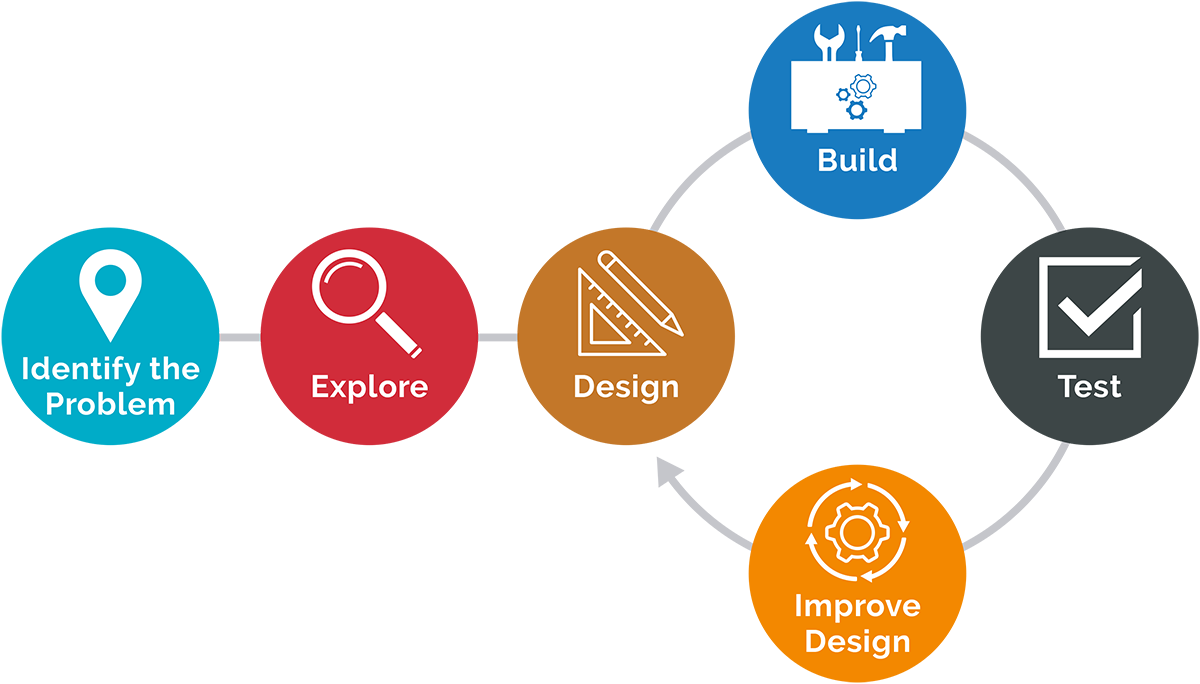Within the areas of quality management systems (QMS) and product lifecycle management (PLM), the term “Engineering Design” pertains to the methodical and iterative progression of ideation, fabrication, and evaluation of a product to satisfy predetermined criteria. Engineering design is fundamental to the process of converting a concept into a physical product. The process encompasses multiple phases, which consist of concept development, comprehensive design, testing, and refinement. By providing tools for collaboration, data administration, and workflow tracking, PLM systems ensure that the design meets market trends, customer requirements, and technical viability.
Engineering design is essential within the context of QMS for ensuring that products conform to quality and compliance standards. It entails the incorporation of quality-related factors, including risk assessments and regulatory obligations, throughout the design phase. QMS frameworks provide guidance during the design phase to guarantee that the product complies with quality controls, safety standards, and regulatory requirements, in addition to performing its intended function.
A comprehensive approach to engineering design, supported by PLM and QMS, strikes a balance between practicality, quality, and conformance, all of which are critical for the successful development of products and their acceptance into the market.

Read how Arena PLM helped EV charger company FreeWire Technologies accelerate product development processes and increase visibility across teams.
